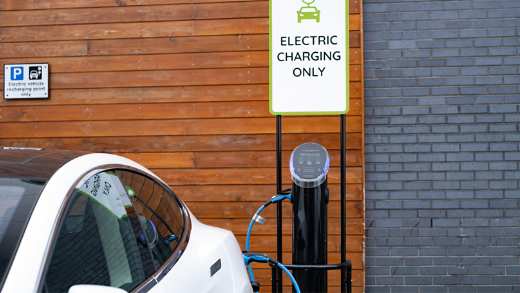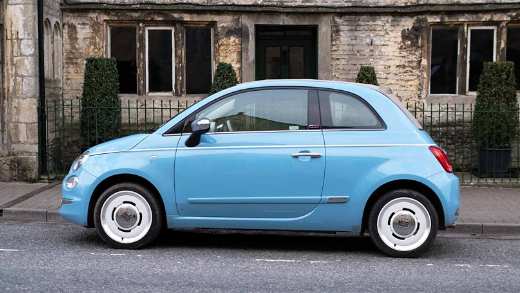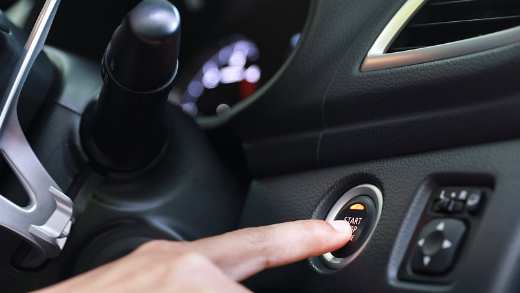Naming yourself as the main driver on your teen's car insurance could get you into trouble

Getting car insurance for your teen is expensive, which is why it's tempting to save money by taking out the policy in your name. But it's known as 'fronting' and has serious consequences if you're found out.
By Remy Maisel
When you take out a car insurance policy, you’re asked to name the main driver, the person who'll drive the car most often, and any additional drivers. This information is a significant part of how insurers calculate risks and therefore the premiums.
By saying that you're the main driver of a car when someone else is actually the daily user of the car to get a cheaper quote, you're committing a common type of insurance fraud called fronting. While it may result in lower quotes or premiums, it's illegal.
Premium rates
While you may be shocked at the price of your newly-qualified child's insurance, there's a reason why prices are higher for younger drivers’ car insurance.
Young or inexperienced drivers are more likely to claim on their insurance, making them higher risk. Drivers aged 17-24 are more likely to be injured in road accidents of all age groups Footnote [1].
The consequences of fronting
To put it simply, fronting invalidates your insurance policy, meaning your insurer may not pay a claim if you're caught doing it.
“The consequences for fronting can be severe and potentially life-changing both for the youngsters and the person named as the policyholder,” says Martin Smith, Motor Technical Claims Manager at Aviva. “The insurance industry deals with thousands of cases of fronting a year.”
“Not only is it likely the insurance is invalidated meaning the driver can be deemed technically uninsured, which puts you at risk of criminal prosecution for driving without insurance, a fine and the loss of your licence,” Martin continues, “but in the event of an accident, if the insurer has to meet any third party claim for injury or damage, they have a right of recovery against the driver and against the policyholder who put their name to the contract.”
That means the driver may face civil recovery proceedings, and a judgment against them would affect their ability to enter into agreements and take out loans.
“Similarly, action can also be taken against the policyholder,” says Martin. “The parent might have more substantial assets in their name, including their house. All of these are potentially at risk if the insurer pursues them through the court. Bear in mind we may not be talking of a few thousand pounds – it could be tens, hundreds of thousands or even millions of pounds which have been paid out.”
Insurance fraud is also a criminal offence, so it could result in criminal charges. If you’re not sure who the main driver of a car is, talk to your insurer.
There are other ways to reduce your insurance premium legitimately, from telematics-based insurance to Aviva Multi-Car cover, where parents can be the principal policyholder but other family members can be vehicle policyholders as main drivers.








